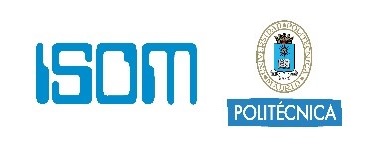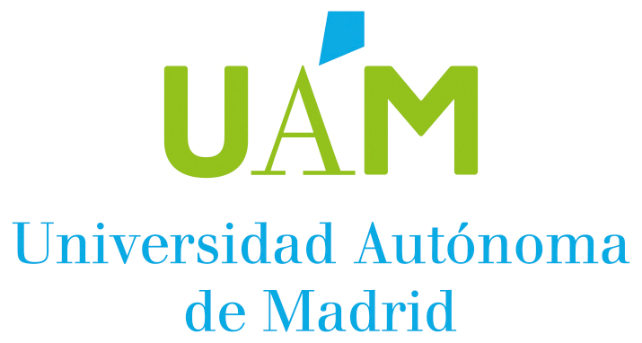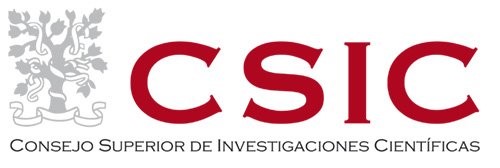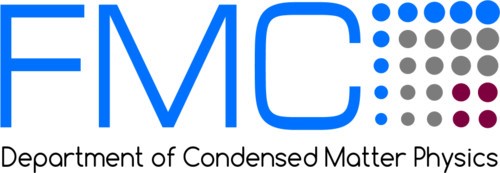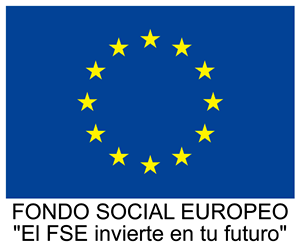NMAT2D (New Bidimensional Materials: Characterization, Properties and Applications; Ref: S2018/NMT-4511) is a consortium of researchers from Madrid that aim to combine optics, theoretical physics and materials science to study 2D materials in order to develop devices for industrial applications.
Since in 2004 Geim and Novoselov managed to isolate graphene -a single layer of carbon atoms- the investigation on two-dimensional (2D) materials, it is, laminar materials of thickness comparable to the atom, has known an unprecedented development due to its attractive optical and electronic properties, very different to those of the bulk material.
During the last years, Madrid has become an active node in the investigation of 2D materials with renowned researchers in practically every main line of this research, and crystallized in the successful research programme MAD2D-CM. This programme was the precursor of NMAT2D-CM, a research project that aims to take a step further in the understanding of these materials through the study and characterization of their optical, transport and structural properties in combination with the design of theoretical models. This will allow creating a catalogue of 2D materials according to their properties or obtain effective graphene transfer protocols. The second strategic objective focuses on the analysis and development of new applications in fields such as electronics, aeronautics and energy, which will be based on the success of the first objective. The potential of technological transfer of this objective would make it more visible, since its success would lead to more specific applications, such as piezoelectric, electronic or plasmonic devices, rectifiers photodetectors, photovoltaic cells, sensors or composite materials for the aeronautical industry.
Achieving these objectives requires integrating the most leading representatives of 2D Materials reseach in Madrid, led by Francisco Guinea. In this way, NMAT2D-CM integrates 50 theoretical and experimental researchers, technicians and engineers, which are shared between the IMDEA Nanociencia foundation, the Institute of Material Science of Madrid (ICMM) from CSIC, the Faculty of Sciences of the Autonomous University of Madrid (UAM), the Institute of Optoelectronic Systems and Microtechnology of the Polytechnic University of Madrid and the Foundation for the Research, Development and Application of Compound Materials.
NMAT2D-CM has designed a program of activites that started in January 1st, 2019 and will last until the end of 2022 and has approximately €900,000 granted by the Technologies Programme 2018 from Consejería de Educación e Investigación from the Regional Government of Comunidad de Madrid. The above scientific objectives are part of an ambitious strategy, whose vision is to maintain and incrase the influence of Comunidad de Madrid in one of the strategic points of research and development of 2D Materials. For this, the consortium has designed an ambitious executive plan in the training and attraction of researchers who will work during 4 years in the project NMAT2D-CM.
Goals

The main goal is to set up a research platform in 2D Materials within Madrid, carrying on with the previous project (MAD2D) and establishing new bonds between key actors of Madrid 2D-Materials research field. Scientific research avenues are divided into eight objectives:
- Synthesis of 2D Materials
- Atomic Scale Characterization of 2D Materials
- Chemical Functionalization of 2D Materials
- Optical Properties
- Transport Properties of 2D Systems
- Structural Properties. Geometry Effect in Electronic and Optical Properties (Straintronics)
- New devices. Graphene and Other 2D Materials Functionalization
- Applications. Composed Materials
The project is funded by Comunidad de Madrid, in the frame of Technology2018 call.
Groups
G1-IMDEA Nanociencia
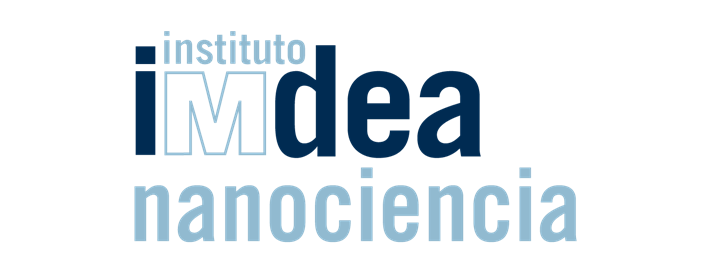
G2-UAM
G3-ICMM
Institution: ICMM – CSIC
PI: Pilar López Sancho
![]()
![]()
G4-UPM
Name: Grupo de Dispositivos Semiconductores
Institution: UPM
PI: Fernando Calle
G5-FIDAMC
Laboratories
Laboratorio 279
Name: Laboratorio de Caracterización Avanzada (LabCOA)
Institution: IMDEA Nanociencia
PI: Juan Cabanillas

Laboratorio 285
Name: ISOM
Institution: UPM
PI: Juan Luis Prieto
